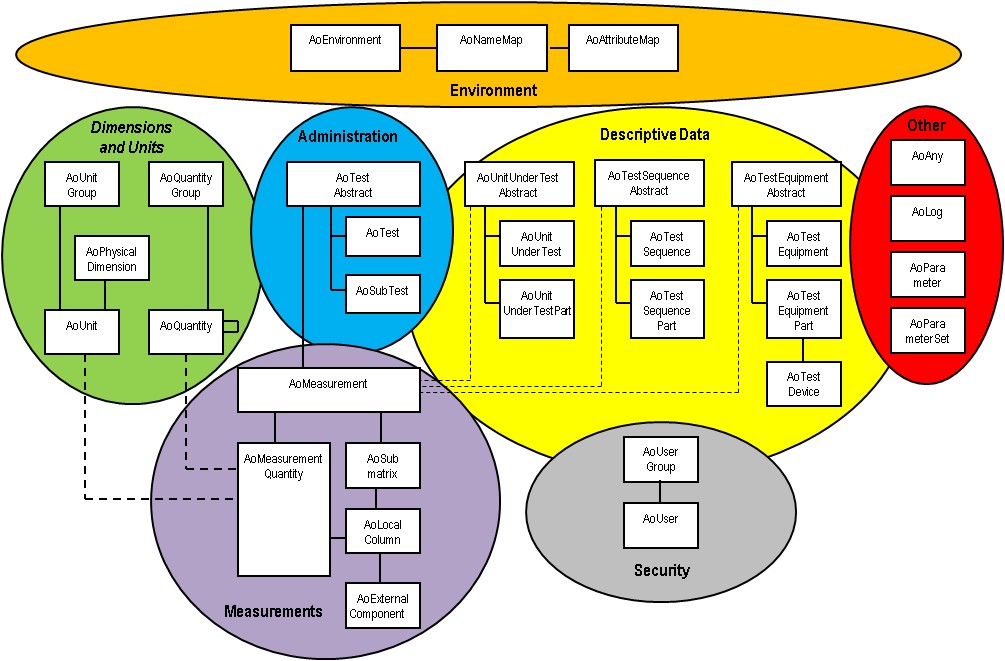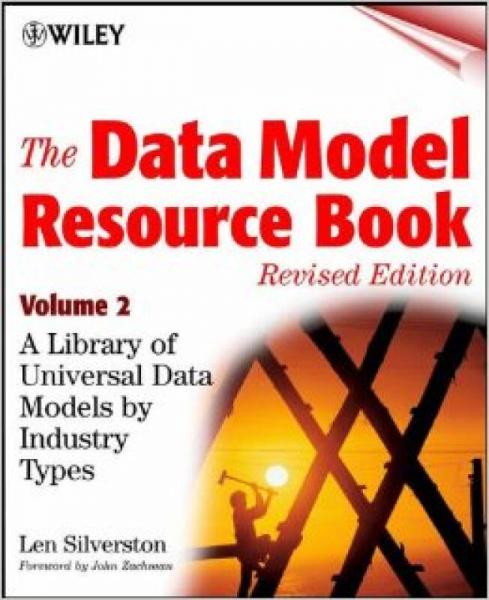摘要:本文探讨了数据驱动实施策略在开发急救包模型中的重要作用。文章强调了通过深入分析和应用数据,优化急救包的设计和功能。文章还介绍了高级版21.54.50的执行方案数据,这些数据为急救包模型的进一步发展提供了有力支持。通过数据驱动的策略,急救包模型能够更好地应对紧急情况,提高救援效率。
In the realm of modern healthcare, the need for efficient and effective first aid solutions is paramount. The concept of an emergency rescue kit has evolved significantly, transitioning from basic first aid supplies to sophisticated models that are tailored to specific scenarios and environments. This article explores the development of an advanced emergency rescue kit model through the lens of data-driven implementation strategies.
The concept of an emergency rescue kit model is not a new one. However, with the advent of technology and the rise of data analytics in healthcare, the design and implementation of these kits have undergone significant transformation. The modern emergency rescue kit model incorporates innovative technologies and incorporates data-driven strategies to ensure optimal performance in various emergency scenarios.
At its core, a data-driven implementation strategy is about using data to identify patterns, trends, and areas of improvement within a system. In the context of emergency rescue kit models, this approach involves analyzing various factors such as the type of emergencies that are most common in a particular region, the specific needs of patients during these emergencies, and the most effective ways to deliver first aid supplies to those in need. This data-driven approach helps in devising strategies that are tailored to specific scenarios, ensuring that rescue kits are equipped with the right tools and supplies to handle various situations effectively.
Developing an emergency rescue kit model using a data-driven implementation strategy involves several key steps:
1、Data Collection: The initial phase involves collecting relevant data on emergency scenarios and first aid practices in a specific region or environment. This data could be sourced from various public and private entities such as hospitals, emergency response agencies, and community organizations.
2、Data Analysis: The collected data is then analyzed to identify patterns and trends in emergency situations. This analysis helps in understanding the types of injuries that are most common, the most effective treatment methods, and the challenges faced during first aid response.
3、Strategy Development: Based on the analysis, a data-driven strategy is developed that outlines how the emergency rescue kit model should be designed and implemented. This strategy considers various factors such as the target audience, the most effective distribution methods, and the necessary components of the kit.
4、Model Design: The next step involves designing the emergency rescue kit model based on the identified needs and strategies. This could include selecting appropriate first aid supplies, designing packaging that ensures ease of use and accessibility, and integrating any additional features such as educational materials or interactive guides.
5、Implementation and Evaluation: The final phase involves implementing the designed model and evaluating its effectiveness through real-world testing. This evaluation helps in identifying any shortcomings or areas of improvement within the model and makes necessary adjustments based on the feedback received.
The benefits of using a data-driven implementation strategy in developing an emergency rescue kit model are numerous. It helps in ensuring that the kit meets the specific needs of the target audience, improves the efficiency of first aid response, and enhances the overall effectiveness of rescue operations. Additionally, by analyzing real-world data, it becomes easier to identify any potential gaps or weaknesses within the system and make necessary improvements to ensure optimal performance.
In conclusion, the role of data-driven implementation strategies in developing an emergency rescue kit model is pivotal. By leveraging data to identify patterns, trends, and areas of improvement, it becomes possible to design rescue kits that are tailored to specific scenarios, ensuring optimal performance during emergency situations. The future of emergency rescue kits is bright, with potential advancements in technology and further integration of data analytics in improving first aid practices worldwide.




 鲁ICP备18052985号-1
鲁ICP备18052985号-1 鲁ICP备18052985号-1
鲁ICP备18052985号-1
还没有评论,来说两句吧...